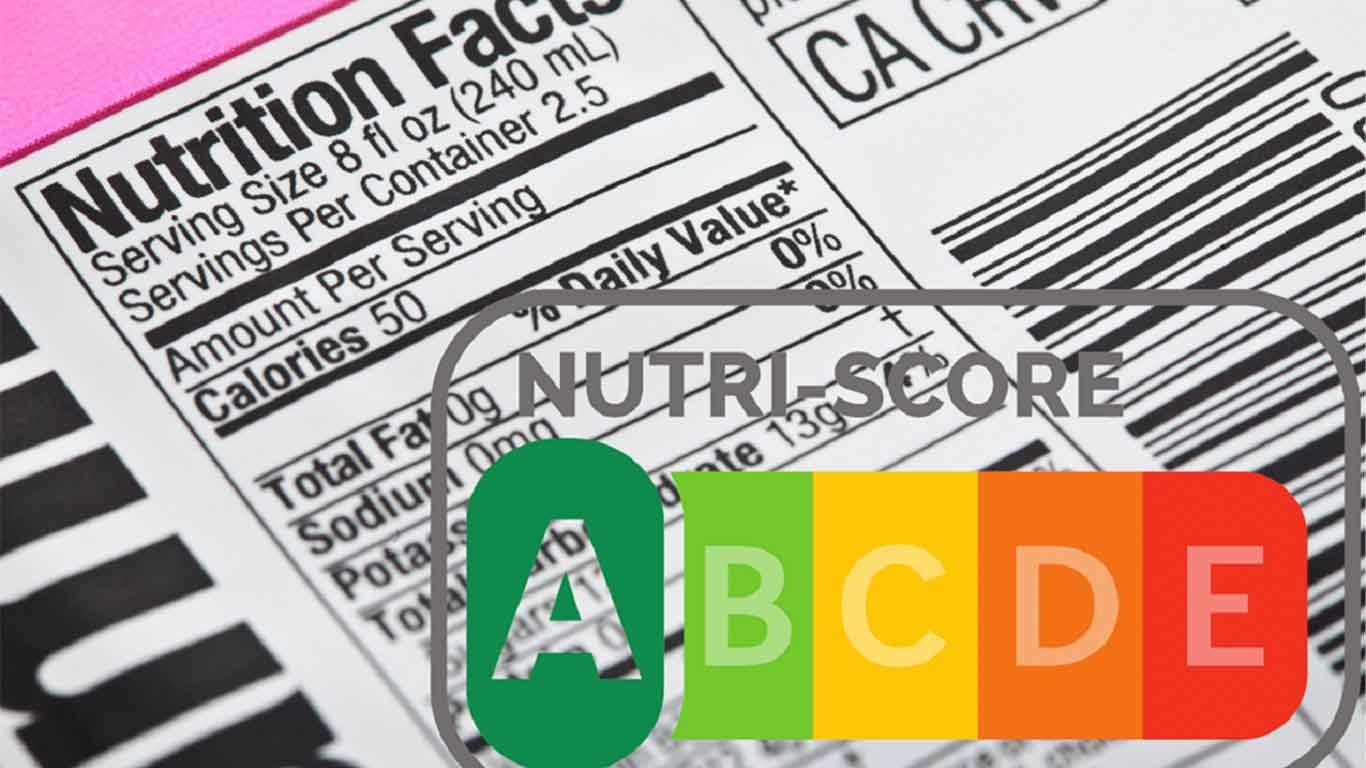Ensuring product quality is one of the most important activities that businesses need to engage in. The first step here is to ensure that consistent reporting of all processes and materials used has taken place. Data management is useful in keeping all product-related records up to date.
Consistent data management is key to ensuring compliance. This could mean compliance to organizational policies, procedures, and practices or to industry norms and government regulations. However, with so many regulations being brought forth and revised on such a regular basis, it becomes difficult to know what to report and how. As a best practice, organizations should collate and record all data, starting from raw material procurement to post-sale service. In the food & beverage industry, it is imperative to manage the information that goes on product labeling.
Organizations generate tons of data on a daily basis. Therefore, managing it can become quite challenging. By using various databases and software, organizations have finally found a way to collect, record, and track data.
Data management and regulatory framework
The Food and Drug Administration Data Standards Council of the United States of America evaluates, develops, maintains, and adopts regulatory data standards to ensure that a common procedure is followed for documenting and managing data related to the manufacturing, packaging, transport, and sale of products. Having a data management system at the organizational level will help managers remain compliant.
Free E-Book
How Can Food Producers Strategize for Industry 4.0? Learn how to build a foundation that supports change and spurs growth!
The European Food Safety Authority (EFSA) has set up certain rules and regulations that seek to streamline data management. The new European Union Food Information Regulation states that consumers should have access to pertinent product information, which outlines the risks of consuming a given product. The EFSA and EU are now working on having a common risk assessment strategy for all member states. The Evidence Management Unit has been enlisted to help enable thorough investigation and assessment. By using state-of-the art tools such as the SAP® GTIN-Connector, organizations can both provide and have access to important product information. Having an efficient and effective data management system makes following the new labeling requirements stipulated by the new regulation easier.
The Swiss Federal Office for Food Safety and Veterinary Affairs (FSVO) allows only regulation-compliant food and beverages into the Swiss market. The New Food Law enacted by the FSVO has regulations regarding the use of plastics, silicone, printing inks and other substances in food products. By using data management tools such as the SAP® GTIN-Connector, organizations will be able to access regulatory information available on the Global Data Synchronization Network (GDSN). This enables organizations to verify compliance with all the rules established by the competent regulatory bodies. Organizations can also provide the GS1 and other required regulatory-compliant information, ensuring that they will be able to release their products to different markets without facing any hurdles.
The Food Standards Australia New Zealand (FSANZ) adheres to the provisions set forth under the Legislation Act, which stipulates various food safety codes. Organizations are expected to follow these codes and to record everything related to the production and sale of food products. Data management software helps keep organizations informed of industry and regulatory requirements. This software can also help these organizations provide mandatory information.
When it comes to state-of-the-art databases and SAP tools, most organizations use tools such as the SAP® GTIN-Connector to automate GDSN publication. Developed by SpecPage, one of the world’s leading vendors of innovative technology, the SAP® GTIN-Connector helps organizations record and maintain documents related to the manufacturing, packaging, transportation, stocking, and sale of products in the food & beverage industry. What makes SpecPage’s products, including the SAP® GTIN-Connector, ideal for data management in the food & beverage industry is that SpecPage’s solutions specialize in meeting the technological and data management requirements of food manufacturers, as well as those of their suppliers and retailers.
The SAP® GTIN-Connector tool helps input data into the GDSN, which comprises over 35,000 companies and 30 data pools, including 1WorldSync, FSEnet or Contentis GloLIB.
As per the regulatory framework of the food & beverage industry of respective countries, organizations must make certain data available for regulatory compliance. This data relates to the entire chain of activities that takes place in the food & beverages industry. For example, information regarding the nature of the raw materials used in a given formula needs to be provided. If the materials used require certification from a Government Agency or a Certifying Authority, said certification must be uploaded into the global GDSN database. The SAP® GTIN-Connector helps organizations export GS1-compliant data from their own internal SAP® ERP systems to the GDSN-certified data pools.
Benefits of automated master data management
Helps with data collation
By allowing organizations to update and access data about their products, data management systems ensure that important information is collected and available whenever needed. Record maintenance helps organizations identify any key pieces of data that are missing or that needs to be updated in the system. One of the reasons managers prefer using the SAP® GTIN-Connector is that it imports the data directly into the data pools. New data is mapped accordingly and there is no need for manual updating.
Ensures regulatory compliance
Tools like the SAP® GTIN-Connector are designed to access information about an organization’s product specifications. These tools are designed to input all data and supporting documents into the global GDSN-certified data pools. This will help organizations remain GS1-compliant. A look at the information contained in the database will help managers ascertain whether or not they have provided all the required information.
Avoid accumulation of dark data
Dark data is data that is of no use to an organization’s operations. This data accumulates over time as new data is generated and added to the system. Consistent data management will ensure that unnecessary data is removed from the database. The SAP® GTIN-Connector helps extract only the relevant and necessary data. It also aids in updating mandatory information, which an organization is legally required to provide. This effectively prunes the data.
Get industry insight
Data management through a global, centralized database such as the GDSN, will help organizations gain insight into industry trends. Product managers will know what their competitors, both at home and abroad, are doing and how they are manufacturing and packaging their products. Consumer-related information will help managers understand more about other demographics. Also, if an overseas organization or agency wishes to partner with a business back home, they can easily check the company’s credentials and product information in the data pool. The SAP® GTIN-Connector extracts this visible data from the organization’s internal database.
Ensures data security
Unmanaged data can be misused. Data that is unaccounted for can create multiple issues for senior management. By using data management tools like the SAP® GTIN-Connector, organizations can account for their data. Additionally, global databases and data pools such as 1WorldSync tend to be more secure, and they are provisioned with the latest infrastructure and storage options. This will help organizations manage and control their data.
How does SpecPage’s SAP® GTIN-Connector help in data management?
- It improves the quality of the data made available by organizations
- Data transfer becomes easier and more efficient
- It reduces paperwork and helps avoid manual updating of data
- It gives organizations better access to external data
- It provides greater control over updating and modifying the data
- It helps ease the transfer of data to partner firms
- It helps organizations access the GDSN for available information on regulatory compliance
- It helps get information to market faster
- It helps managers access the data pools to obtain the latest information about competitors




